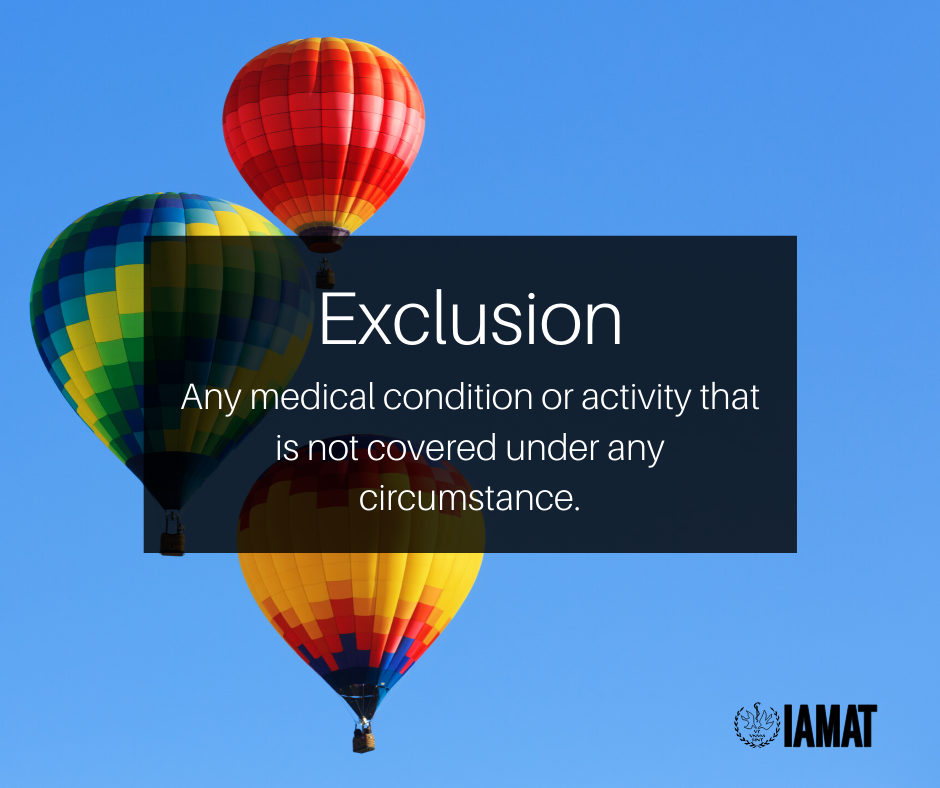The holiday travel season is almost here! In this edition of “In the News”, we found 4 stories that can help you avoid pitfalls on your holiday getaway. We’ve included tips and links to more detailed resources on travelling with medication, travel health insurance, antibiotic resistance, and mental health and travel.
1. What to do if you forget to pack your medication while traveling abroad, according to an expert
Travel + Leisure
What can you do if you forget to pack your medication for an international trip? It happens to even the most seasoned travellers, but it can be tricky to replace medication in another country! Travel + Leisure interviewed our Executive Director Tullia Marcolongo to find out how you can avoid running out of medication during your trip and what to do if you need to replace a prescription abroad.
Tullia says:
Our advice is to be prepared before you travel. It’s very important that [travelers] do the research before they go in case they find themselves in an emergency.
To avoid getting stuck without your medication:
- Bring more medication than you need for the trip. If you’re travelling with a narcotic or psychotropic medication, check for any restrictions on the amount of medication you’re allowed to import.
- Make sure your medication is available at your destination in case you need to resupply. Contact a doctor at your destination to ensure it can be prescribed to you.
- Bring a copy of your prescription and a letter from your doctor outlining the treatment, dosage, and name of the drug.
- Know the generic name of your medication. Your medication may be sold under a different brand name at your destination.
IAMAT members can also download Travelling with Medications: A guide for detailed advice. (Not a member? Join today.)
2. Dream vacation turns into a Fredericton woman’s insurance nightmare
CBC News
Travel health insurance can save you thousands of dollars if you get sick or injured – but it can also leave you with huge expenses if your claim is denied. Unfortunately, Sandra White of Fredericton, Canada was left with over $50,000 of medical bills after she was hospitalized during a last-minute trip to the United States. Her claim was denied because she purchased insurance coverage after leaving her province of residence – even though she was still in Canada at the time of purchase.
When it comes to insurance, always read the fine print and call the insurer if you have any questions about your coverage. Consumer advocates have pushed for more transparency in travel insurance and regulators are beginning to respond, but many travellers are still unclear on what is covered by their policy (especially when relying on travel insurance provided by a credit card).

If you’re looking for help navigating the world of travel health insurance, check out our resources:
- Our travel insurance glossary explains common insurance terms and how they can affect your coverage.
- For more detailed advice, including what to look for in a policy and how a medical questionnaire can affect your coverage, log in to your member account and download our Guide to Travel Health Insurance.
3. ‘Superbugs’ a cause for alarm, with more deaths and massive costs looming, report says
The Globe and Mail
Antibiotic resistance may seem far removed from our daily lives, but it’s closer than you think.
Antibiotic resistance (also called antimicrobial resistance or drug resistance) occurs when bacteria change in response to the use of medicines used to treat or prevent bacterial infections. A recent report on the impacts of antimicrobial resistance in Canada is sobering. These statistics put the problem into perspective:
Today, drug resistant strains account for 26 per cent of treated infections and cause an average of 14 deaths a day across Canada – a rate that health-care professionals say is already cause for alarm. If present trends continue, that rate will grow to 40 per cent by 2050, more than doubling the daily death toll.
As a traveller, one of the most effective things you can do to prevent the spread of antibiotic resistance is to take antibiotics only when they are prescribed to you and follow your health practitioner’s directions.
What does antibiotic resistance have to do with travel health? Read our blog on antibiotic resistance to learn more.
4. 9 Super-Helpful Ways to Take Care of Your Mental Health While Traveling
SELF
Travel can be overwhelming and stressful. As a result, mental health concerns are common in travellers – including those who have never had a mental health condition before. In this article, our Health Writer and Research Specialist Claire Westmacott spoke to SELF about taking care of your mental health when you travel.
One of the most important things you can do is to research your destination. Claire says:
We recommend travelers worried about a mental health emergency research to gain a really good understanding of what mental health services are available and the country’s cultural attitude toward mental illness and mental health. These factors can really shape the type of care that you’ll receive.
Before your trip, Claire also suggests finding a mental health provider at your destination who speaks your language. If you take medication for a mental health condition, make sure that you are allowed to import that medication into your destination country. (Many medications for treating mental health conditions are controlled substances. Our guide, Travelling with Medications, can help you determine if your medication is restricted.)
Our Travel & Mental Health Series has detailed information and checklists to help you plan your trip:
- Travel Stress
- Travel and Depression
- Travel and Substance Use
- Travel and Anxiety
- Travel and Psychosis
Photo by Porapak Apichodilok, Pexels.
Article by Daphne Hendsbee.



